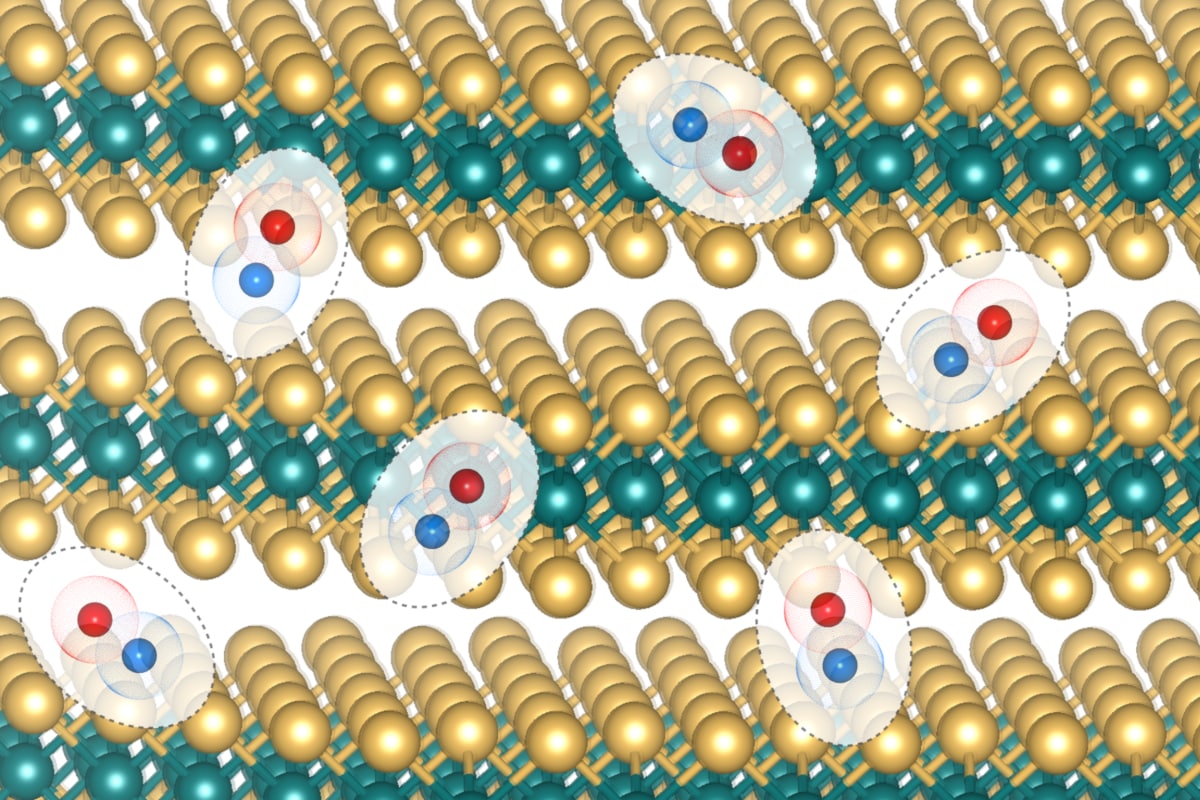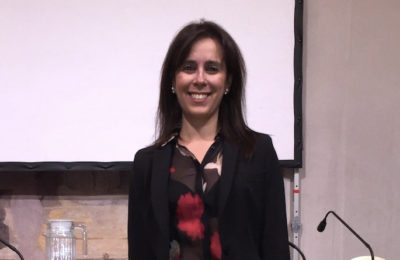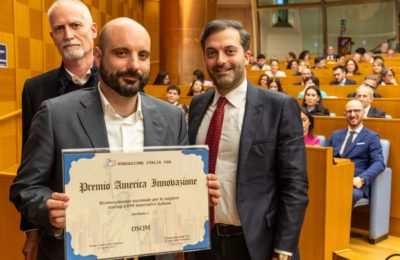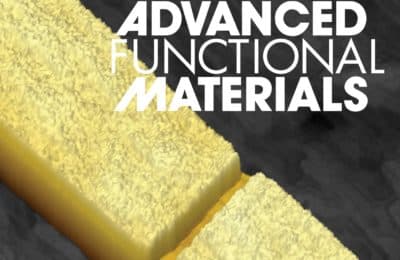The chasing of the excitonic insulator seems to be at its end and very close to its experimental phase, after more than 50 years of search. Cnr-Nano Modena researchers predict the possibility of observing – experimentally and unambiguously – an excitonic insulator in bulk molybdenum disulfide, at pressure and temperature accessible in a lab facility. The result of this computational work provides a strategy to experimentally realize a such elusive state, which promises to have a significat impact in future quantum technologies. The study, in collaboration with the University of Modena and Reggio Emilia, is published in PNAS journal.
“The excitonic insulator state occurs in a material when there is a spontaneous formation of excitons, which are particles formed by an electron and a hole (the vacancy left by the electron moving in the lattice) bound due to the opposite charges”, says author of the study Daniele Varsano (Cnr-Nano). “Excitonic insulator observation in real materials recently fostered a very intensive research activity, motivated by both fundamental physics significance and possible future applications in quantum technologies. Still the experimental observation of an excitonic insulator remains elusive as it is hidden by other phenomena”.
Through quantum physics computational simulations, Cnr-Nano researchers showed that molybdenum disulfide, while behaving like a conventional insulator at atmospheric pressure, under high pressure and low temperature values it is prone to show a new quantum phase characterised by spontaneous and permanent excitons formation. “In the molybdenum disulfide such a transition, from conventional to excitonic insulator, is solely due to electron behaviour without any structural change of the crystal lattice”, says corresponding author Massimo Rontani (Cnr-Nano) “while the opposite happens in other materials, in which high-pressure induces lattice distortions that make impossible to clearly identify a potential excitonic state. This theoretical study establishes that such a new state can be obtained for a range of pressure and temperature experimentally accessible in modern laboratories, showing a path which may lead to the experimental observation”.
To achieve such reliable results, very demanding simulations and numerical calculations were required. These calculations were developed within MaX-Materials design at the Exascale – a European centre of Excellence dedicated to design new materials through high-performance computing. “The advancements reached nowadays in parallel computing enable us to validate theory and predict behaviour of matter that were impossible to study a few years ago, and to propose experiments to discover properties of matter that were still unobserved”, Varsano concludes.
Evidence of ideal excitonic insulator in bulk MoS2 under pressure, S. S. Ataei, D. Varsano, E. Molinari, and M. Rontani. PNAS March 30, 2021 118 (13) e2010110118; https://doi.org/10.1073/pnas.2010110118
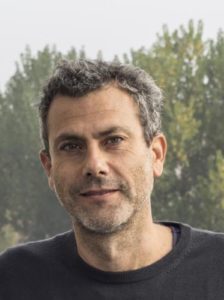
“The advancements reached nowadays in parallel computing enable us to validate theory and predict behaviour of matter that were impossible to study a few years ago, and to propose experiments to discover properties of matter that were still unobserved”
Daniele Varsano
Cnr Nano, Modena
